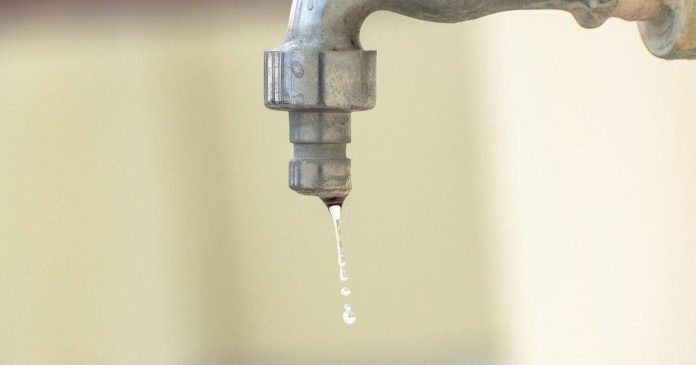A leak free home means a happy home, and the key to achieving that is by being proactive and taking measures to keep your plumbing system well maintained.
Plumbing issues can vary, ranging from minor annoyances to major emergencies, but with our plumbing maintenance checklist, you can stay ahead of potential problems and keep your home running smoothly.
In this guide, we’ll walk you through some essential steps, including general DIY maintenance tips and preventative measures. We’ll also let you know when it’s best to not tackle things by yourself, and instead search for professional drain cleaning near me.
Regularly Check for Leaks
Start your maintenance routine by inspecting all visible and accessible plumbing such as pipes, sinks, taps and toilets. Look for any signs of leaks; this could be water stains, drips, or pooling water under or near appliances.
Routinely Clean Drains and Prevent Clogs
If you notice your plugholes draining slowly, gurgling noises, or even unpleasant smells, then it’s time to clean and unblock your drains. You can prevent these problems by using a drain cleaning solution regularly.
If you notice signs of a blockage, try a plunger or a drain snake to remove debris from sinks, showers and bathtub drains. You can use either a specialized solution bought from a shop or try home remedy drain unblockers, such as pouring boiling water down the drain and a mixture of water, baking soda, and vinegar.
When cleaning drains, make sure you only use chemicals that are specifically meant for drain and pipe cleaning. This is not only important in order to avoid ruining your pipes, as using the wrong chemical could potentially be hazardous to your health.
If you’ve tried a few techniques to unblock your drain and nothing has worked, you may need to consider calling a professional, who will have specialized tools to deal with the problem.
And if you notice blockages or slow drainage happening frequently, even after cleaning, you may want to take note of some of your habits. Are you relying on your drains too much? Avoid letting too much dirt, debris, and hair go down the plug hole. Use plug hole covers and dispose of food and brush off any excess hair or dirt into a bin instead.
Check Your Exposed Pipes
Always keep an eye on all of your exposed pipes, found in places like utility rooms. Check to see if there’s any rust, corrosion or moisture around the joints as this could be a sign of an issue. Catching it quickly could prevent more extensive damage from happening.
Test Your Taps for Drips
Go round to all the taps in your home, turn them on and off and pay attention to see how long it drips for afterwards. If the dripping is persistent, you’ll need to fix your taps. Doing so saves water and prevents excess water damage to both the tap and the surrounding area. Whilst doing this, you could also check seals around the fixtures to make sure water isn’t seeping from them.
Pay Attention to Your Toilet
Is your toilet running? Sometimes it can be hard to tell. You flush the toilet and leave the bathroom and go into another room, so you might not notice a problem. But you’ll then notice a noise later and wonder what it is.
After flushing your toilet, wait a minute to see if the noise continues for longer than it should. You might need to inspect the flush valve, flapper, and fill valve and adjust or replace them if it continues to happen.
Inspect Any Appliances Connected to Water Lines
Routinely check your dishwasher and washing machine for any signs of leaks. Inspect the supply lines and connections too, as you may have a problem here. Tighten the connection or replace damaged hoses if necessary.
Don’t Forget Outside Pipes and Taps
Exterior pipes, such as the ones for your garden hose or pipes that are exposed to cold areas such as the loft will also need routine checking as they are susceptible to freezing.
Make sure to run your hose tap regularly in order to prevent the water inside becoming frozen. Water left to a stand still for too long is easier to freeze in cold weather than water that regularly gets moving. Purchase some pipe insulation material to protect your pipes too.
Whilst outside, it may be worth inspecting and cleaning your gutters to prevent any blockages and potential water damage.
Final Thoughts
There’s a lot you can do to help prevent plumbing problems, it might sound a little overwhelming at first, but will soon become second nature. Remember that you should always address leaks as quickly as possible, even if that means getting a professional in, as it will minimize the damage and save you money in repairs.
Here are some other articles related to your search:
www.finehomesandliving.com
https://www.finehomesandliving.com/featured/keep-your-home-leak-free-with-this-plumbing-checklist/article_9814bd28-bbbc-11ee-9718-f3d5f010f7fb.html















